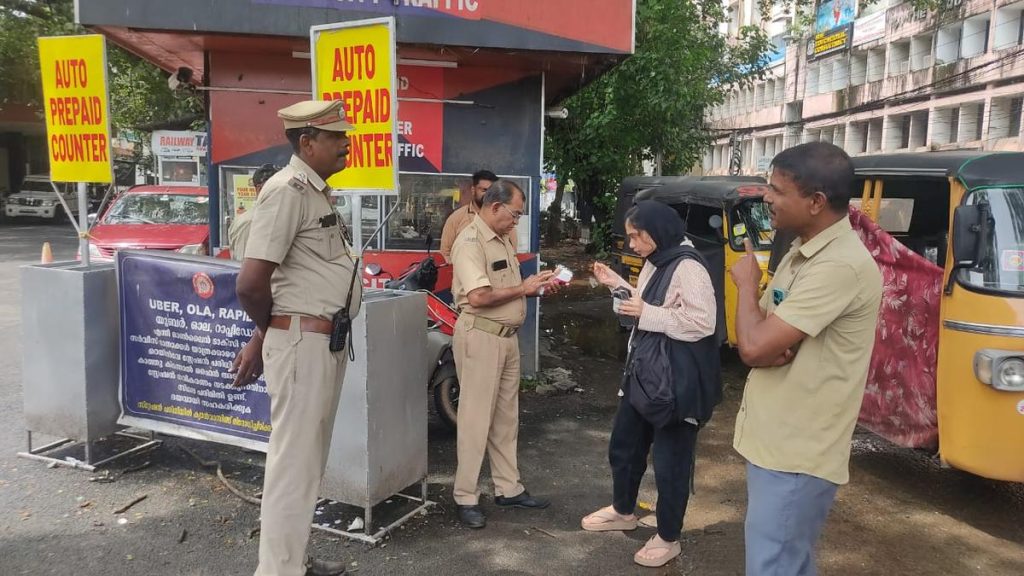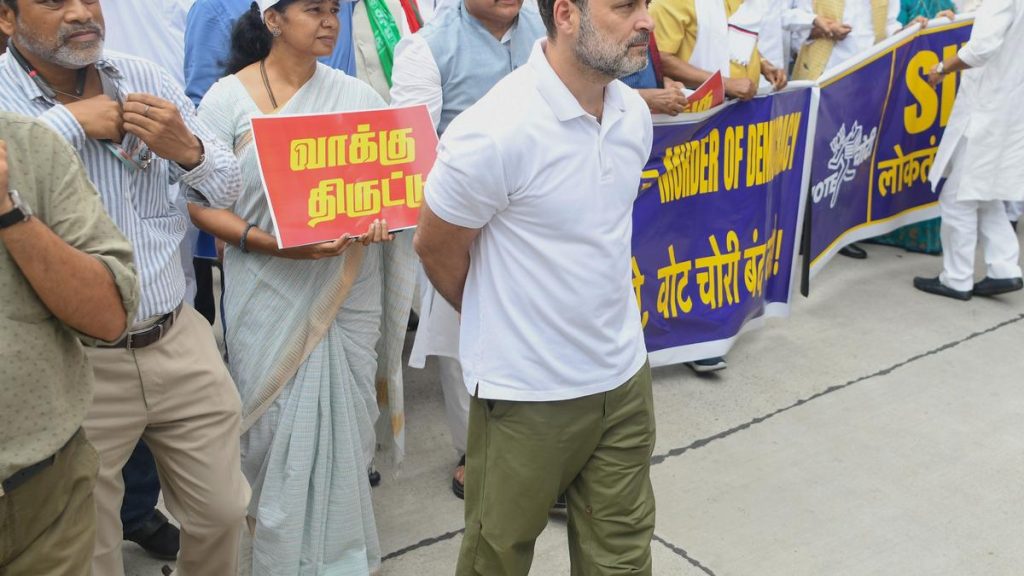Now Reading: State Policy Proposes Zero Tolerance for Elderly Abuse and Neglect
1
-
01
State Policy Proposes Zero Tolerance for Elderly Abuse and Neglect
State Policy Proposes Zero Tolerance for Elderly Abuse and Neglect

Swift Summary
- Kerala’s draft State Policy for Elder Persons, 2025, aims to implement a zero-tolerance approach against elder abuse, neglect, and exploitation.
- Proposed measures include legal and institutional safeguards, grievance redressal systems, temporary shelters, counselling services, fast-track justice mechanisms, and public awareness initiatives.
- A system inspired by ‘Jagratha Samithi’ will monitor elder rights violations while prioritizing pro-poor support for vulnerable elderly populations.
- The policy addresses challenges like increased ageing population (projected to reach 30% by 2051), shifting family dynamics leading to neglect/abandonment, and rising healthcare demands.
- A life-cycle approach will focus on healthy ageing through interventions like financial literacy training and skill development across one’s lifetime.
- Employment initiatives include creating an elder skill registry for job matching and promoting age-inclusive recruitment policies in public/private sectors. Structured internships for skilled elders are planned in government organizations.
- Intergenerational collaboration is emphasized with initiatives encouraging knowledge sharing between age groups via libraries, cultural clubs, youth partnerships.
- digital literacy programs aim to provide accessible technology solutions enhancing independence and ease of living among elders.
- Replaces the State Policy for Senior Citizens introduced in 2013.
Indian opinion Analysis
Kerala’s proposed Elder Persons Policy reflects a forward-thinking response to its demographic shift towards higher elderly populations expected over the coming decades. By addressing systemic flaws in existing interventions through legal frameworks coupled with practical measures like digital inclusion or intergenerational collaboration models (such already OLL pandemic scale shown . allow focusing broaderconnectivity pressing isolation impacts update ? ama rapidly evolving
Stay Informed With the Latest & Most Important News
Previous Post
Next Post
Loading Next Post...
























